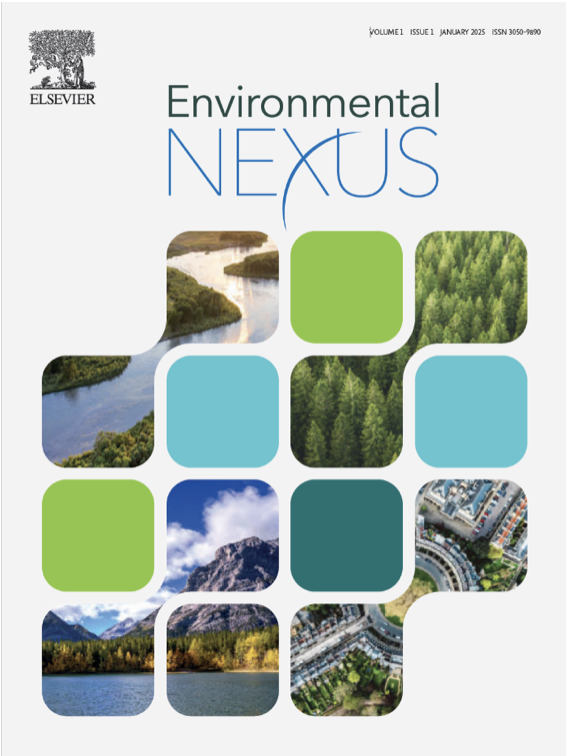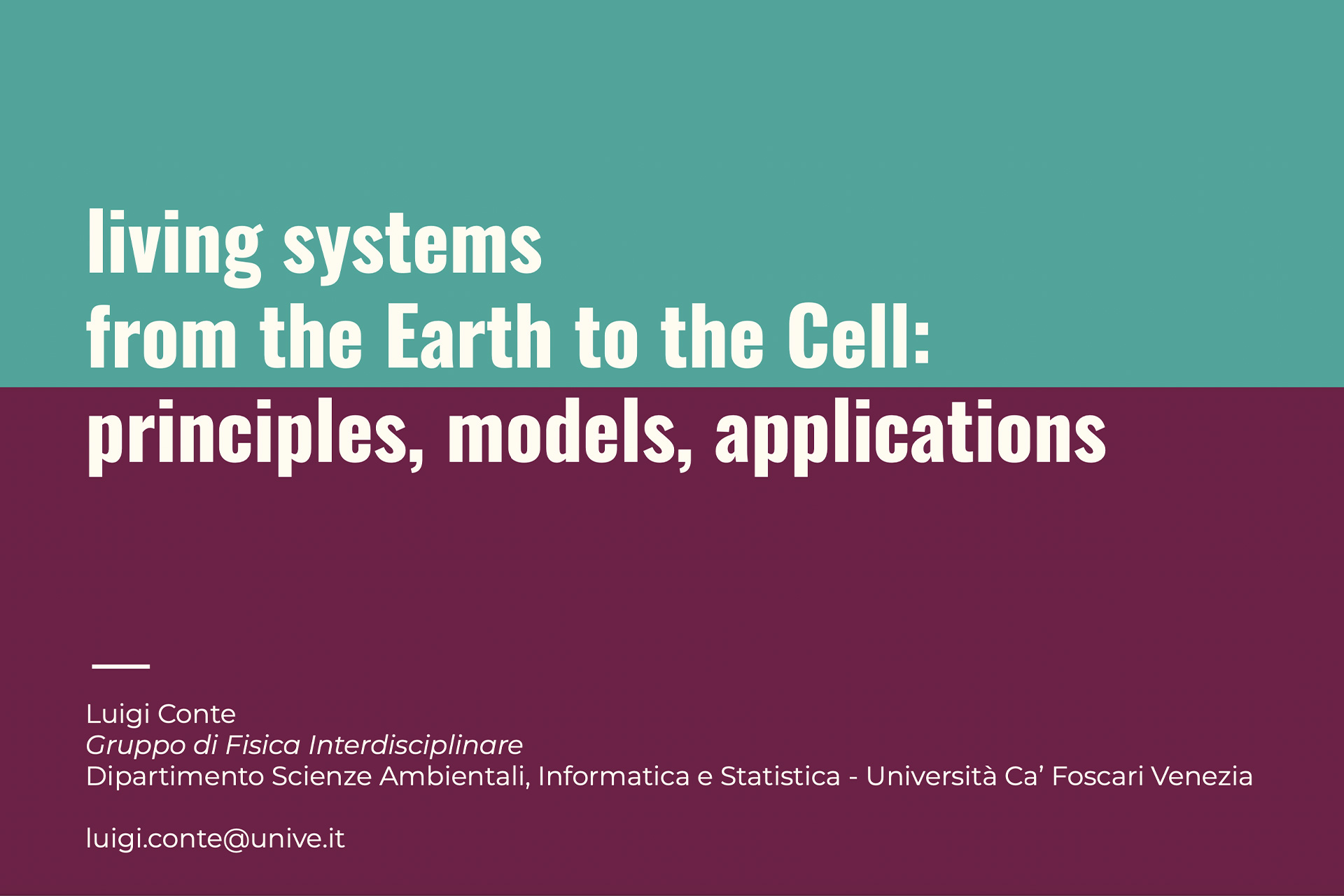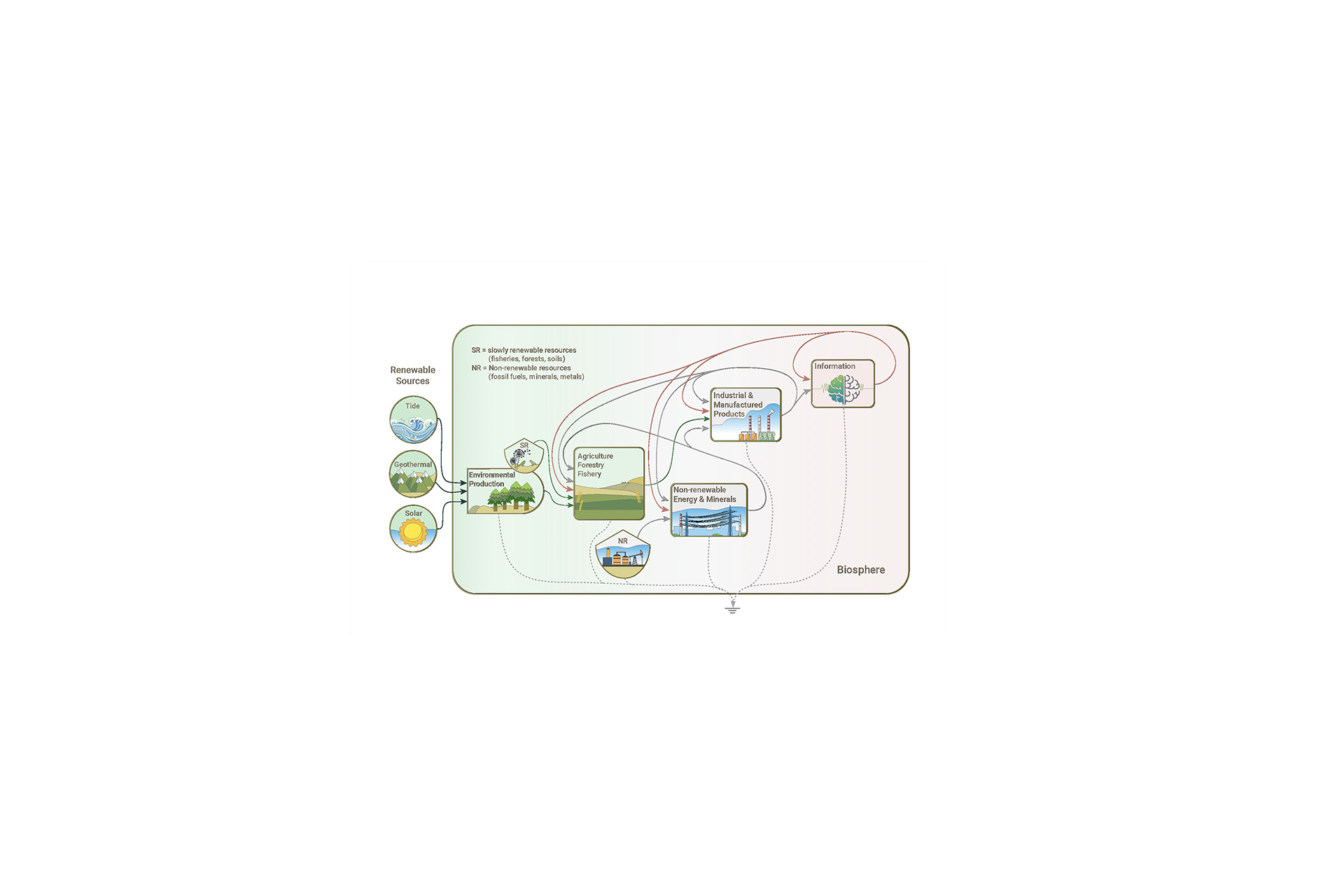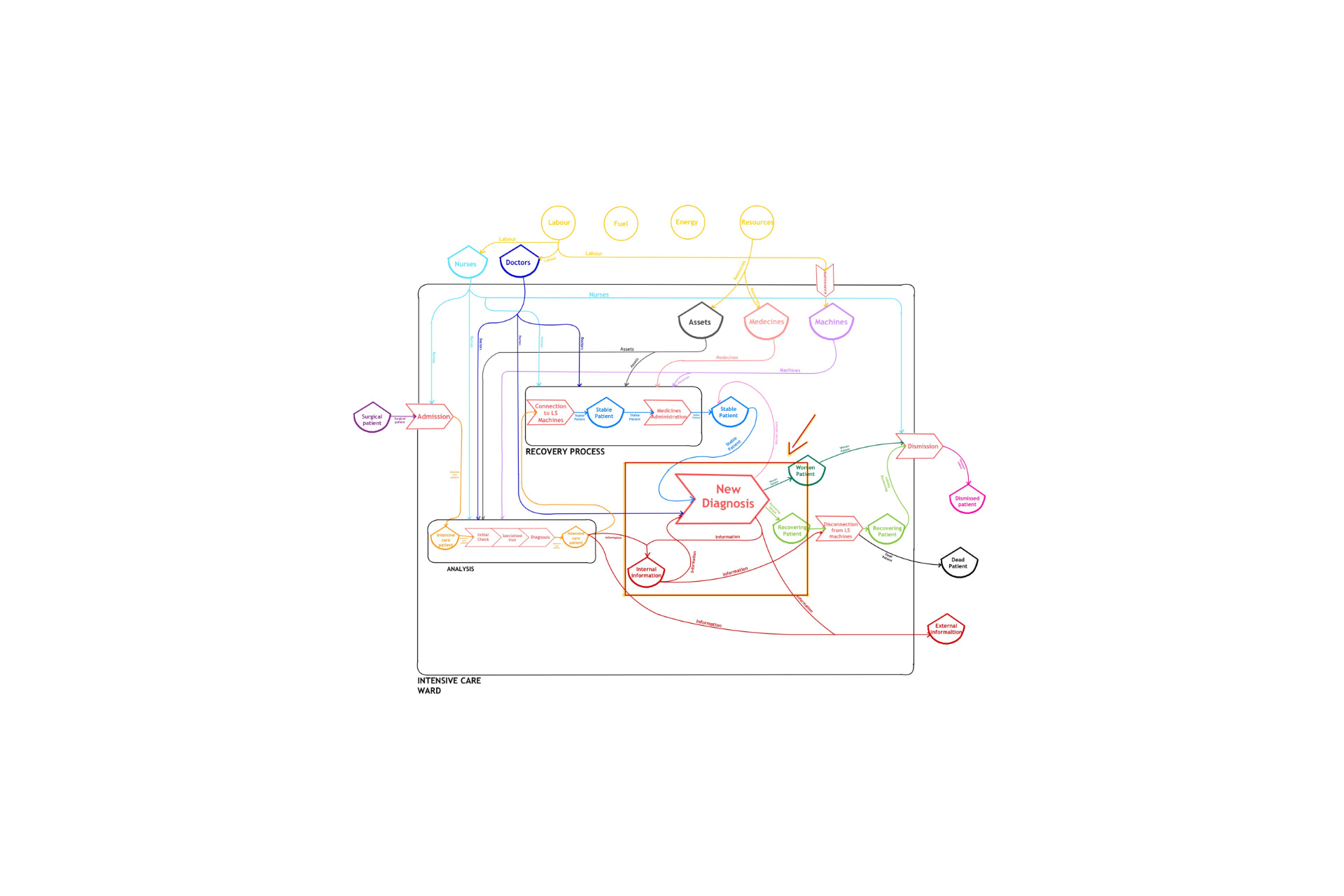Environmental Nexus: Breaking Disciplinary Boundaries to Illuminate the Interwoven Challenges of Our Environment
One Planet, One Nexus, One Journal — Environmental Nexus is Here!
Introducing Environmental Nexus
Published by Elsevier and jointly launched by Beijing Normal University and Guangdong University of Technology, Environmental Nexus is an open-access, peer-reviewed journal dedicated to addressing the world’s most complex environmental challenges through integrated, cross-disciplinary research.
At a time when environmental issues have evolved from isolated problems to deeply interlinked, systemic crises—spanning climate change, biodiversity loss, energy transitions, water scarcity, and food security—Environmental Nexus champions a new research paradigm centered on interconnectivity. We focus on the interactions and trade-offs among natural, social, and technological systems, emphasizing coupled dynamics among water, energy, food, land, and climate.
Message from the Editor-in-Chief: Academician Zhifeng Yang
“Today’s environmental problems are no longer siloed issues of pollution control or ecosystem degradation—they are system-wide challenges intricately tied to economic development, technological innovation, public health, and human well-being. From urban heat islands to regional droughts, from biodiversity loss to climate risk amplification, the boundaries between environmental drivers are rapidly dissolving. To address this complexity, we must move beyond linear thinking and disciplinary silos.
This is why Environmental Nexus was created—to illuminate the vital connections among critical systems and foster collaborative pathways to sustainable development. We invite the global research community to join us in reimagining environmental solutions through the power of nexus thinking.”
A Global Platform for Converging Science and Sustainability
With a world-class editorial board of 45 experts across four continents and disciplines ranging from environmental science and public health to AI, economics, and ecological governance, Environmental Nexus seeks to serve as a knowledge hub for researchers, policymakers, and practitioners alike.
The journal welcomes original research articles, reviews, perspectives, case studies, and policy analyses. We are committed to advancing theory, informing policy, and enabling transformative practice.
Scope and Topics of Interest Include (but are not limited to):
- Food–Energy–Water (FEW) Nexus
- Climate–Environment Interactions
- Renewable Energy and Carbon Emissions
- Ecosystem Services and Biodiversity Loss
- Environmental Sustainability and Resilience
- Social–Ecological Systems and Adaptive Capacity
- Poverty, Inequality, and Environmental Degradation
- Environmental Health and Human Well-being
- Globalization and Ecological Decline
- Innovation, Human Capital, and Sustainable Economies
- Climate Risk, Resource Management, and Mitigation Strategies
- Trade–Environment Interactions
- Gender Equality and Environmental Justice
- Environmental Security and Multilevel Governance
- Complexity and Diversity in Environmental Systems
We encourage submissions that bridge natural sciences, social sciences, and engineering, aiming for both theoretical advancement and practical impact.
Submission Portal:
Submit your manuscript
Launch Ceremony Highlights
On May 17, 2025, Environmental Nexus was officially launched during the 13th China Environmental Institutes Directors Forum in Guangzhou. The event was attended by over 200 academic leaders and experts, underscoring the journal’s significance in fostering interdisciplinary collaboration for global environmental solutions.
Follow us on WeChat: Environmental_N

Let us rethink environmental research, reforge scientific linkages, and redefine sustainable futures—together.






